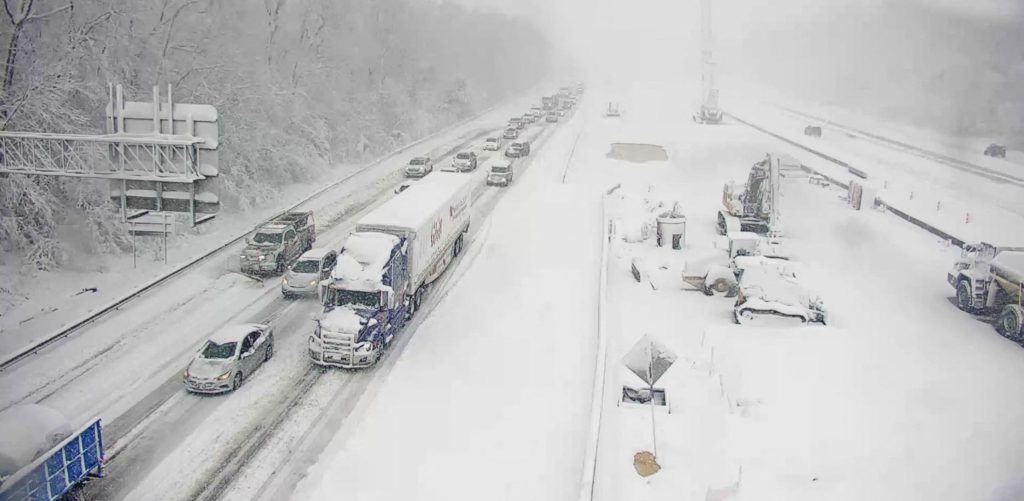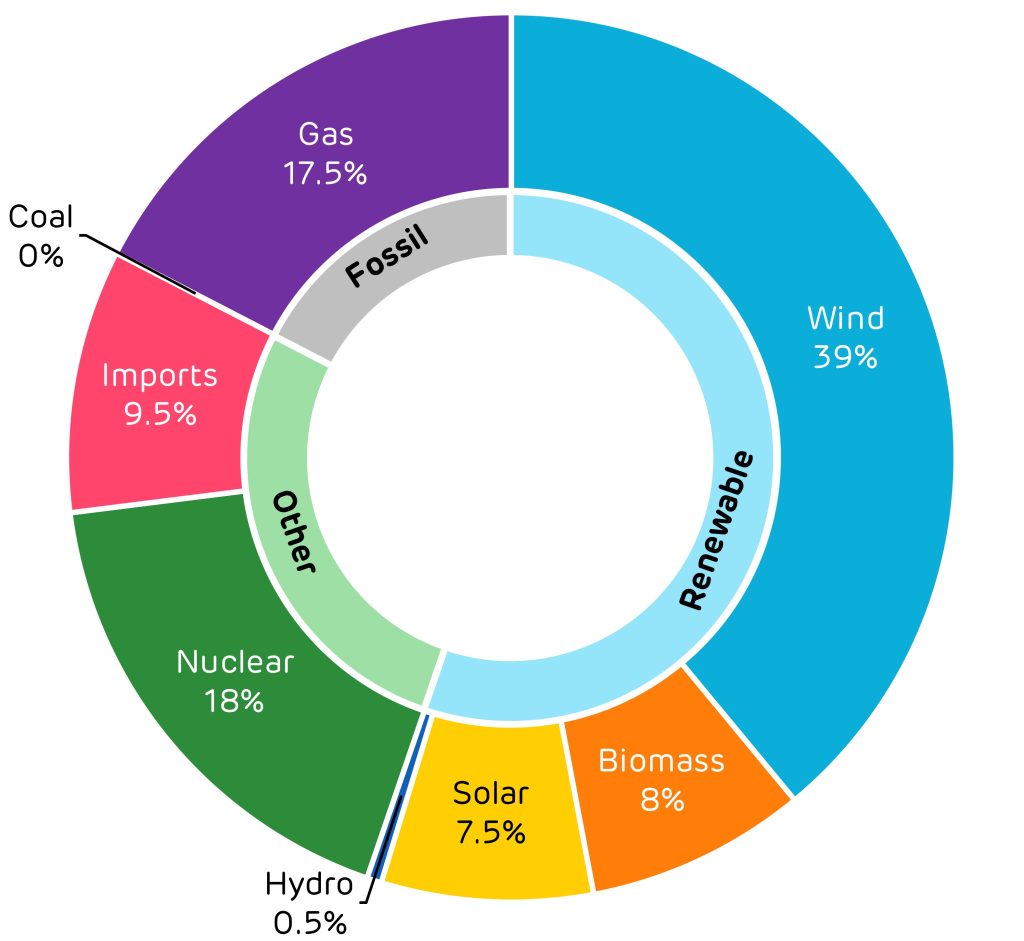In the UK (and I am sure in plenty of other countries) as the grid has cleaned, there have been a whole host of firms that have sprung up as a middleman – buying green electricity and providing it to their customers. There is nothing particularly unusual about this – we get our electricity from Octopus on a similar scheme. With many of these firms, they supply the electricity and gas, but often have few holdings themselves.
Octopus is busily investing in all sorts of green electricity generators, but the problem exists that if you do not own any of the electricity generation, then in tough times this can be your undoing.
Now, many of these claim to be fully green, but are not necessarily. The reputable ones match each unit used to a unit of renewable generation that went into the grid (Ofgems renewable energy guarantee of origin REGO). Alongside this, the reputable ones also invest in renewable generation.
So was Bulb as green as it suggested? Well the complaint came from the fact that only 5% of its power came directly from renewable energy projects, the rest was bought on the open markets through the aforementioned REGO. The point is, the electricity grid does not consist of electricity traveling like emails to specific places – it is supplied everywhere jointly by all the producers. This means that provided a supplier is paying for enough green electricity to cover all its customers uses (and has the REGO certificates to prove it) by definition, it is fully green.
Would it be better if the company had some green generation of its own? probably, but provided the scheme works it does not have to. It allows green electrical generation to be used as it is created – by who ever needs it, exactly as our grid is designed.
This problem has arisen because the government allows green electricity and the certificate of it being green to separate people. However, provided the certificates only cover the amount of green electricity that is being created, it is not counted twice it is merely worth more to the creator.
What is wrong with this? If creators of green energy are aware that they can make more money than those burning gas, many will switch. This still does what is needed, and provided green electricity certification is accurate it wont be double counted.
Possibly, the last nail bulbs coffin, was caused by the government setting out plans to make this loophole smaller. These so called pale green energy tariffs – where green energy was not bought directly from a renewable energy project are supposed to be eliminated.
I think the British government needs to be careful here. It is quite possible that in the near future, these providers will not be necessary as all the electricity in the grid will be green. However, for the time being it is worth continuing to offer this premium to green electricity creators and the ability for suppliers to make sure they have covered their promises.
Now in the case of Octopus they are also replanting and rejuvenating a section of the Amazon rainforest to offset any gas emissions. It is currently unfortunately true that it is far cheaper to heat using gas – heat pumps are likely to greatly change this, as they are 300% or greater efficient (in terms of electricity in, and heat out) however for now gas is used. A reforestation scheme can be guaranteed to suck up the carbon it is promised to capture.
Our guaranteed green electricity and offset gas monthly cost is roughly £5 more than the best price on the market, and for us £60 a year to know that our electricity and gas use is not increasing the problems of global warming. Having said that, we are still trying to reduce our use through: Smart devices, added insulation and when we get them installed – solar panels and thermal solar panels. The other advantage with a scheme like this, is it guarantees you a price for you exported electricity – so if you have solar, and are currently not being paid for anything that you export perhaps now is the time to switch. This essentially means that you can use Octopus as a battery.
If you are interested in transferring to this or another Octopus scheme please click on the link. This will give you a £50 credit on your account, as well as on ours – thereby supporting the site, without costing you a penny















